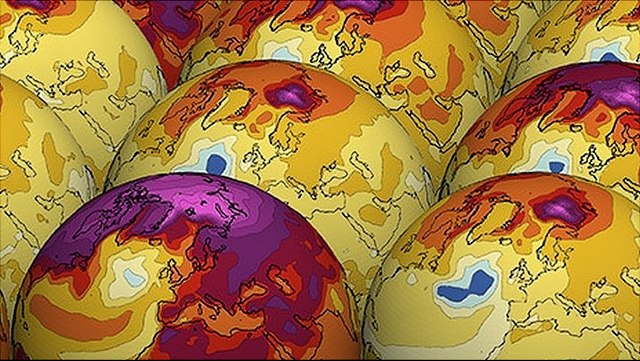Clusters of Excellence
The University of Hamburg achieved extraordinary success in the Excellence Strategy of the Federal and State Governments, a funding competition for top-level university research in Germany. Four Clusters of Excellence have been receiving funding since 2019. In these research alliances, researchers investigate issues in astrophysics, climate research, and photon science and study written artifacts.




